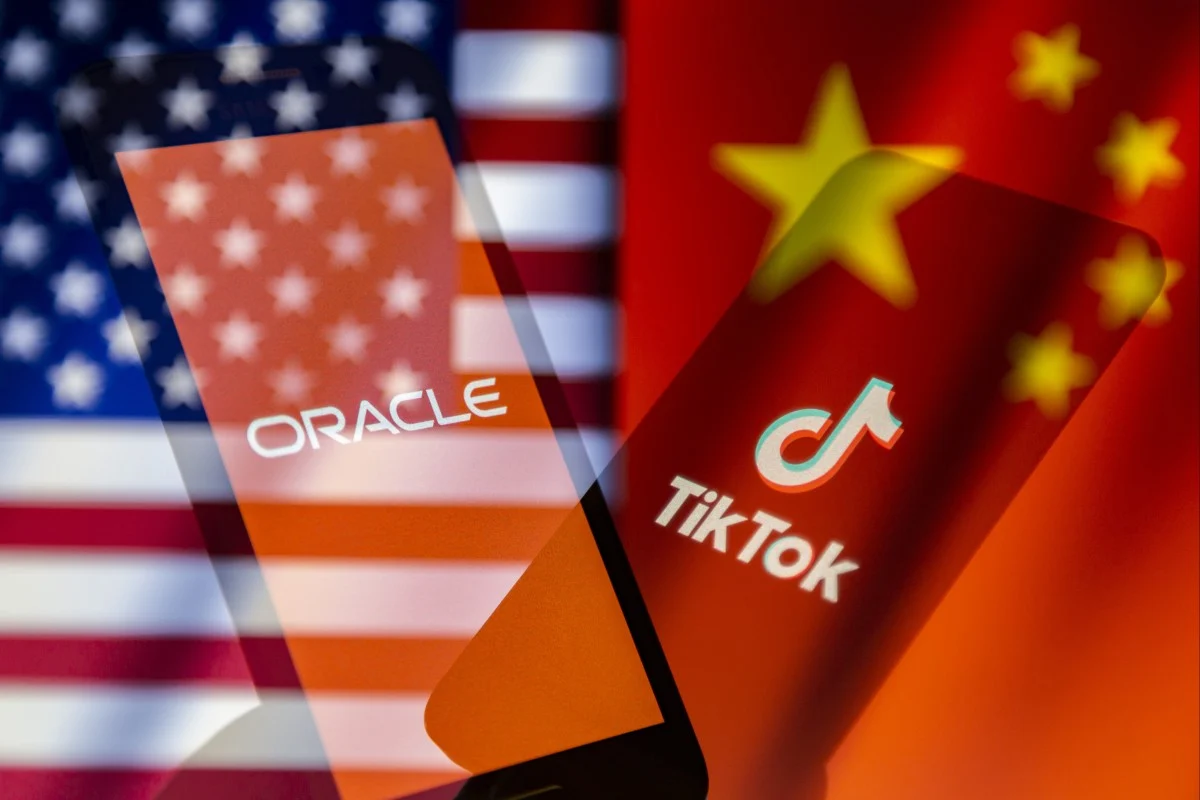Oracle has alerted investors to potential financial repercussions following the introduction of a new U.S. law that could ban TikTok unless its China-based owners comply with specific requirements. The law, signed by President Joe Biden in April, will make it illegal to provide internet hosting services to TikTok unless certain steps are taken. Oracle noted in a regulatory filing that the inability to provide these services to TikTok, and the challenge of redeploying that capacity promptly, could adversely impact its revenues and profits. Additionally, compliance with the new law may increase operational expenses.
TikTok relies on Oracle’s cloud infrastructure to store and process U.S. user data, making it one of Oracle’s significant customers in this domain. Wall Street analysts consider TikTok a major client for Oracle’s closely watched cloud business. Analyst Derrick Wood from TD Cowen mentioned in April that Oracle could lose a substantial portion of revenue associated with hosting TikTok’s U.S. operations. Kirk Materne, an analyst at Evercore ISI, estimated Oracle’s annual revenue from TikTok to be between $480 million and $800 million. Oracle’s cloud infrastructure unit, which rents computing power and storage, generated approximately $6.9 billion in sales in the year ending May 31. This growing business, driven by demand for artificial intelligence, has contributed to a 34% increase in Oracle’s shares this year.
U.S. lawmakers have expressed longstanding concerns about TikTok posing a security threat to U.S. users, given that Chinese companies are required to share national security-related data with the Chinese government upon request. The new law provides TikTok with 270 days to find a buyer or face a ban in the U.S., with a possibility for extension.
TikTok has challenged these concerns by suing to overturn the law. Part of TikTok’s defense has been its collaboration with Oracle to separate U.S. data from its Chinese parent company, ByteDance, through an initiative known as “Project Texas.” This project highlights efforts to secure U.S. user data within Oracle’s infrastructure.
Despite this significant relationship, Oracle has traditionally remained silent about its ties with TikTok, not listing it among its flagship cloud customer successes. In 2020, during the initial push by the U.S. for ByteDance to sell TikTok to a U.S. buyer, Oracle was among the companies considering the acquisition. At that time, Oracle did not address any questions regarding its relationship with TikTok. Analyst Kirk Materne suggested that if TikTok is sold, replacing Oracle as a cloud vendor would likely be a low priority.
The potential banning of TikTok in the U.S. represents a significant concern for Oracle, given the possible impact on its cloud business revenues and the broader implications of shifting U.S.-China tech relations.
READ MORE:
